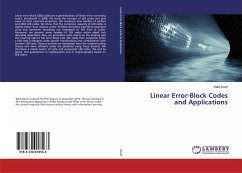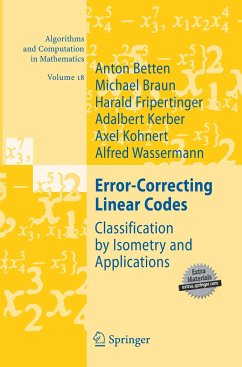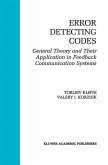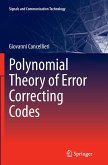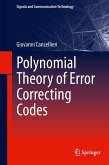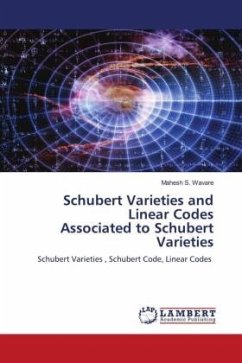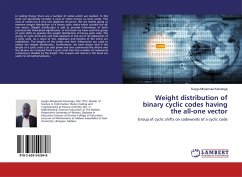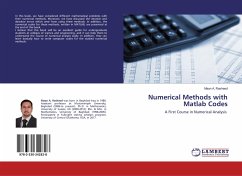Linear error-block (LEB) codes are a generalization of linear error correcting codes, introduced in 2006. We study the concept of LEB codes and give some of their essential properties. We construct new families of perfect and MDS LEB codes. We show that the correction capacity of LEB codes is slightly better than classical codes. Primitive decoding algorithms (standard array and syndrome decoding) are readapted to this kind of codes. Moreover, we present some families of LEB codes which admit fast decoding algorithms. Also, we generalize some results on the packing and the covering radii to the error-block case. We study their properties when a LEB code undergoes some specific modifications and combinations with another LEB code. Various bounds are developed from the classical coding theory and more efficient codes are obtained using these bounds. We introduce a matrix notion of cyclic and quasi-cyclic LEB codes. We end by giving new applications in cryptography and in steganography based on LEB codes.

